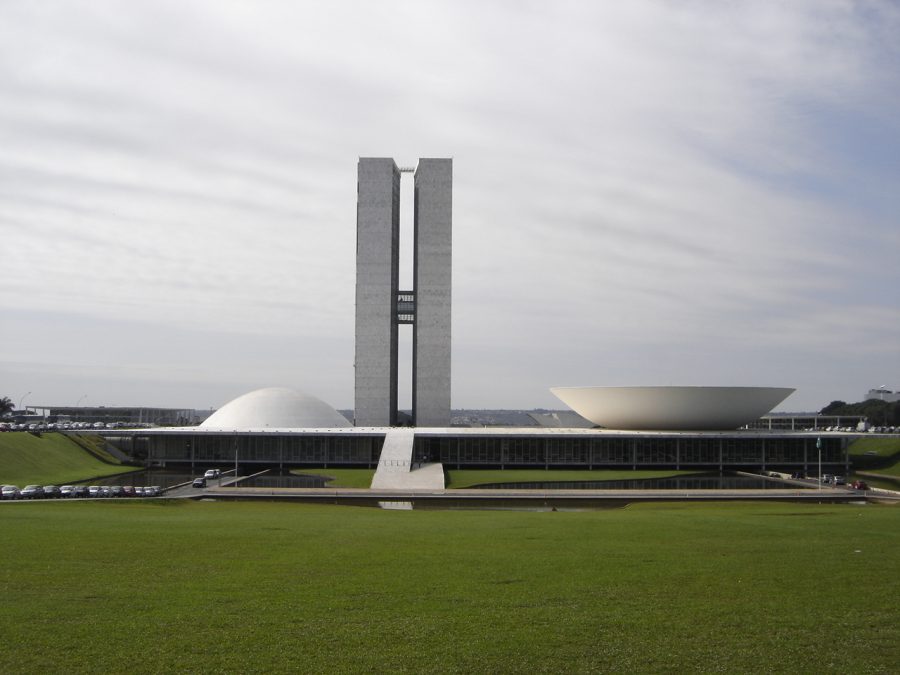Angry Citizens Storm Brasília Capitol
January 27, 2023
Brazil’s capital city, Brasília, has been rocked by riots in recent days, as protesters take to the streets to voice their anger and frustration over a range of issues, especially the inauguration of President Luiz Inacio Lula da Silva, which occurred on January 1st.
The demonstrations began as a call for military intervention and a blockade to prevent da Silva’s inauguration but quickly turned violent as a man attempted to detonate a bomb in protest against the election results. In a run-off election, da Silva defeated former President Jair Bolsonaro, getting 50.90% of votes to Bolsonaro’s 49.10%.
The protesters, who are supporters of former President Jair Bolsonaro, also called for the resignation of President Luiz Inacio Lula da Silva, who served 580 days in jail after his first presidential term from 2003 to 2010. Many of the protesters also called for a wide range of reforms, including measures to combat police brutality, improve education, and address economic inequality.
Finally, after weeks of peaceful yet tension-packed protests against da Silva—in a scene similar to the January 6, 2021 storming of the US Capitol—protestors stormed the Capitol in Brasília. Police were not sufficiently armed to defend against a violent protest, and citizens were able to completely take over the building. It took three hours for the police to disperse the crowd. Several objects of value had been vandalized, including government buildings and paintings, and hundreds of people have been detained.
The riots in Brazil’s capital raised serious concerns about the state of the country and the government’s ability to address the needs and concerns of its citizens. With the government struggling to react to COVID-19 and get Brazil on its footing again, the situation is likely to stay tense. It remains unclear how the government will respond to the crisis and what steps it will take to address the underlying issues that have led to the unrest.
One of the key demands of the protesters was police reform. Brazil has one of the highest murder rates in the world, and many of the protesters said that the police are part of the problem rather than the solution. They called for measures such as increased oversight and accountability for police officers, as well as efforts to reduce the use of deadly force.
Another major issue that fueled the riots is education. Brazil’s education system is widely considered to be in crisis, with poor funding and inadequate resources leading to substandard schools and low graduation rates. The protesters demanded for increased investment in education, as well as a focus on quality over quantity.
In addition to these specific demands, many of the protesters called for a change in the political culture of Brazil. They said that the government is out of touch with the needs and concerns of the people, and that it was time for a new approach to governance. Deforestation in the Amazon, one of the biggest environmental problems in the world right now, is permitted by the government. Citizens of Brazil demand that the government makes better policies.
It is clear that the riots in Brazil’s capital are a symptom of deep-seated problems in the country. Whether the government can address these issues and find a lasting solution to the crisis remains to be seen. The coming days will be crucial in determining the path forward for Brazil and its people.

















































































































































